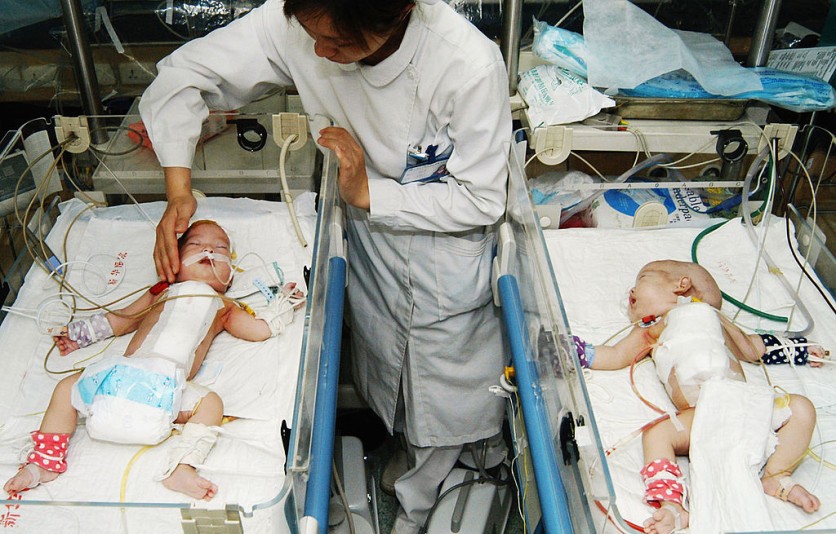Lydia and Timothy Ridgeway were born as twins on Oct. 31 in a hospital in Tennessee, United States. However, these are no ordinary babies, for they are 30 years old as frozen embryos since they were conceived way back in 1992, according to a report by CNN.
Despite having four previous children already, Rachel and Philip wanted to expand their family a few years ago after learning about the concept of embryo donation. In this technique, frozen embryos are inserted into the woman's embryo.

Longest-Frozen Embryos
According to the National Embryo Donation Center, Lydia and Timothy Ridgeway was created from what may be the longest-frozen embryos to ever be born as a living baby.
Molly Gibson, born in 2020 from an embryo frozen for over 27 years, held the previous record. Molly stole the record from her sister Emma, created from a 24-year-old frozen embryo, as per CNN.
In-vitro fertilization (IVF) was used to produce the embryos for an anonymous married couple. They had to use a 34-year-old egg donor, and the father was in his early 50s.
Particularly, the embryos were frozen on April 22, 1992.
IVF entails a sophisticated set of techniques used to assist in child conception, help with fertility, or stop genetic issues. This procedure involves removing mature eggs from the ovaries and fertilizing them with sperm in a laboratory.
Read also : Mechanical Womb Developed by Israeli Scientists Successfully Growd Mice Embryos, Are Humans Next?
Frozen for Three Decades
The embryo of the twins was preserved in liquid nitrogen at a temperature of over 200 degrees below zero for nearly three decades in a container that resembles a propane tank on tiny straws.
The embryos were stored at a West Coast fertility lab until 2007 when the couple who developed them decided to donate them to the National Embryo Donation Center in Knoxville, Tennessee, so that another couple could use them.
According to Dr. John Gordon, the Ridgeways' physician, the five embryos were transported to Knoxville overnight in specially designed tanks.
Embryo donation is the medical term to describe the procedure the Ridgeways underwent.
IVF patients can create more embryos than they need. Extra embryos can be donated to couples who want to have children, cryopreserved for future use, or utilized in advancing reproductive medicine.
Embryos must adhere to particular US Food and Drug Administration eligibility requirements, including being screened for specific infectious diseases, in order to be donated, just like any other human tissue.
Related Article : Preterm Babies Possibly Mistaking Mothers' Uterus As Hostile Host During Preterm Labor
This article is owned by Tech Times
Written by Jace Dela Cruz




